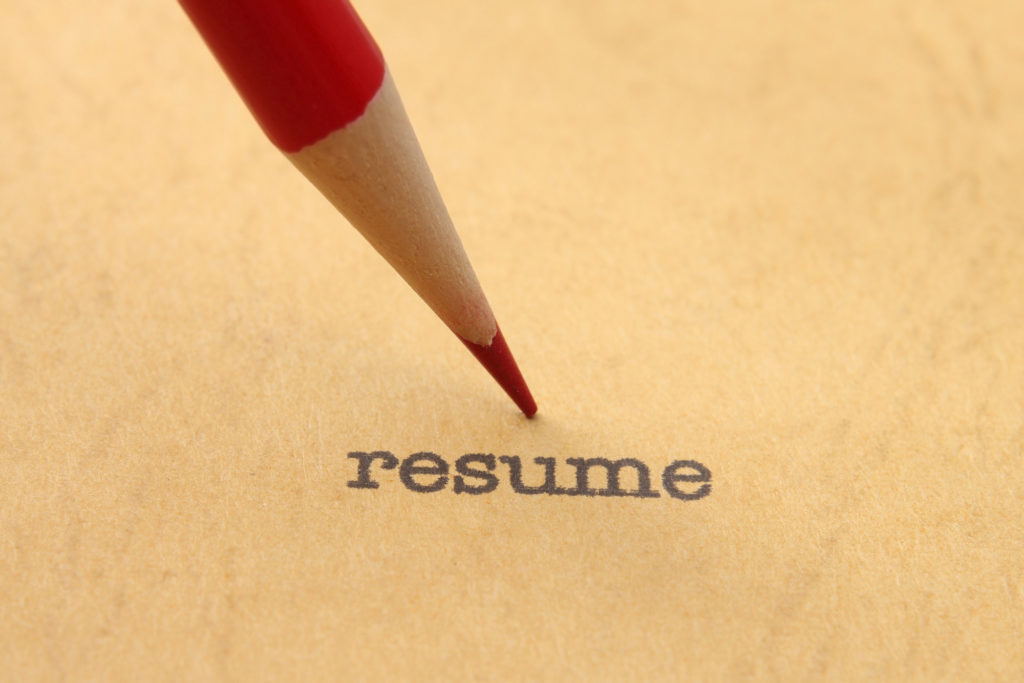A common questions job seekers have is how to mention a disability on resume. If you are one of the many millions of people fortunate enough to live in the United States in 2020, there’s a reasonably good chance that you have some level of disability. Statistically, roughly one in six Americans has a disability of some sort. And unfortunately, many of those Americans struggle to locate gainful employment. If you’re even partially disabled and struggling with your job search, your resume may be the cause. More specifically, the problem may be how you’re managing information about your disability. If you want to mention disability in your resume, read this first!

Use superheroes as inspiration
Creating a resume can be a daunting task to anyone however if a person has a disability, it can sometimes feel like an added burden. Not being sure of what to include and what not to include leverage your chances of an interview can be stressful. For inspiration, lets take a look at a few fictional and real-life superheroes. Superman can be the strongest man in the DC Universe. He has heat vision and can lift objects many times bigger and heavier than his body. He moves in lightning speed and has superhuman senses. Yet, as many fans know, Superman yields to Kryptonite. Besides, this flaw doesn’t stop him from kicking villains’ butts. In the Marvel Comics world, X-Men’s Professor X has the greatest psychic power among mutants. Though he can’t use his legs, the power of his mind lets him stop time, read minds, and move objects at will. His foe, Magneto, considers him the biggest hindrance to his evil plan to rule the world. Famous PWD personalities such as Helen Keller, Nick Vujicic, Frida Kahlo, and Stephen Hawking are among the world’s best in their own fields, gaining them countless praises. They’ve changed the world and inspired many people despite their disabilities. Taking inspiration from their lives can inspire you to create a powerful resume.
Disclosing a disability on a résumé?
For the record, You do not have to state your disability in the resume or cover letter. A resume for job seekers with disability can resemble anyone’s resume. If your condition has no effect on your ability to do the tasks required for the job, don’t discuss it there. Yet, if you wish to express your debility, you may do so in your cover letter. Likewise, use proper phrasing and delivery when writing your letter. The hiring staff will, without doubt, go into it during the interview so prepare your responses and keep your eyes forward when answering their queries.
Check out these sample statements you can use in your cover letter:
“I wish to disclose that I have cleft palette since birth so you may hear that I pronounce words differently. I am letting you know early on so you know what to expect during our interview. Feel free to ask me to repeat phrases if you could not catch them the first time. I welcome such requests because I appreciate people who humor my special accent.”
“Given my uniqueness, I can still team up with my colleagues and play an active part in the success of our team. I have superior visual skills that translate to quality design, as shown in the works in my portfolio. Being aware of my disability has gained me a steadfast approach towards work and a positive attitude to help me see the bright side in every situation.”
What risks come with disclosing my disability on a resume?
In some cases, you’ll want to disclose your disability out of necessity, but you can do this at an appropriate time. For example, if you’ve set the time and date for your interview, then say to the employer something like, “As I use a wheelchair to move around, can you suggest the most appropriate entrance for me to use?” Unfortunately, there are a whole host of reasons why you shouldn’t mention disability in your resume. Any one of these reasons can put your chances of getting called in for an interview at risk.
Here are some big detractions:
- It distracts from your qualifications. You have already established that you’re qualified, right? Your list of resume accomplishments and your potential value have already been effectively documented. You’ve done everything that you can to ensure that your resume sells you as the best candidate for the job. All that you need now is to ace the interview, and the job is yours!
Well, the last thing you want to do at that point is add non-essential information that distracts from those qualifications. Remember, your resume must be tightly focused on presenting you as a potentially valuable employee. If you mention disability in your resume, you distract from that narrative.
- Some employers will use it as a reason to not grant you an interview. Yes, it is sad to think that discrimination still exists at this point in history…but it does. Your disability may have no bearing on your qualifications, but many employers won’t see that truth. Many will see it as a potential source for problems. Some will wonder whether you need special accommodations. Others will wonder whether you are as qualified as you say you are. Even minor accommodations like the need for insulin might seem too problematic for a potential employer.
It can be tricky to navigate conversations about disabilities while you’re job searching. The most important things to remember are that you don’t legally have to disclose any information about your disabilities, but if you choose to, keep the focus on what else you bring to the table.
Good luck with your job search!

